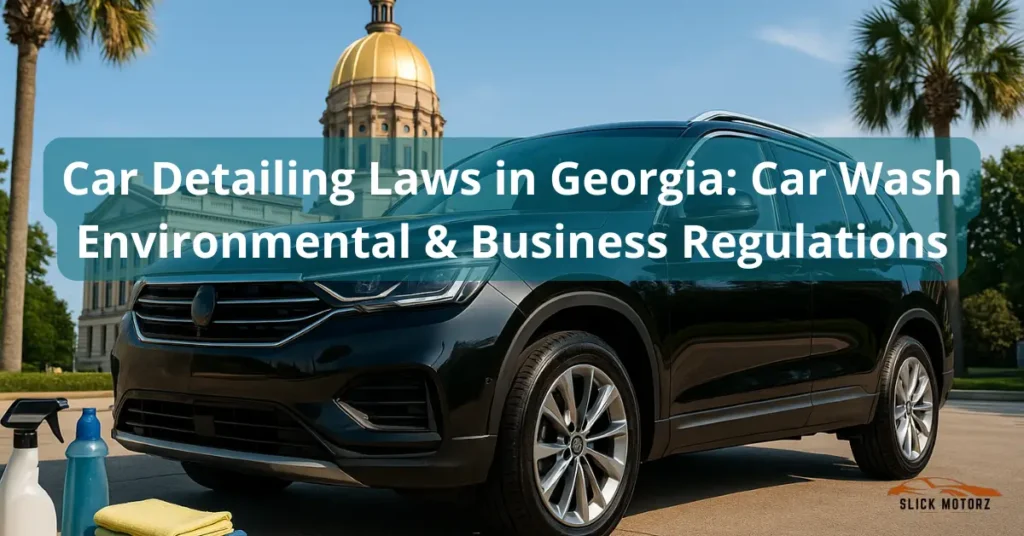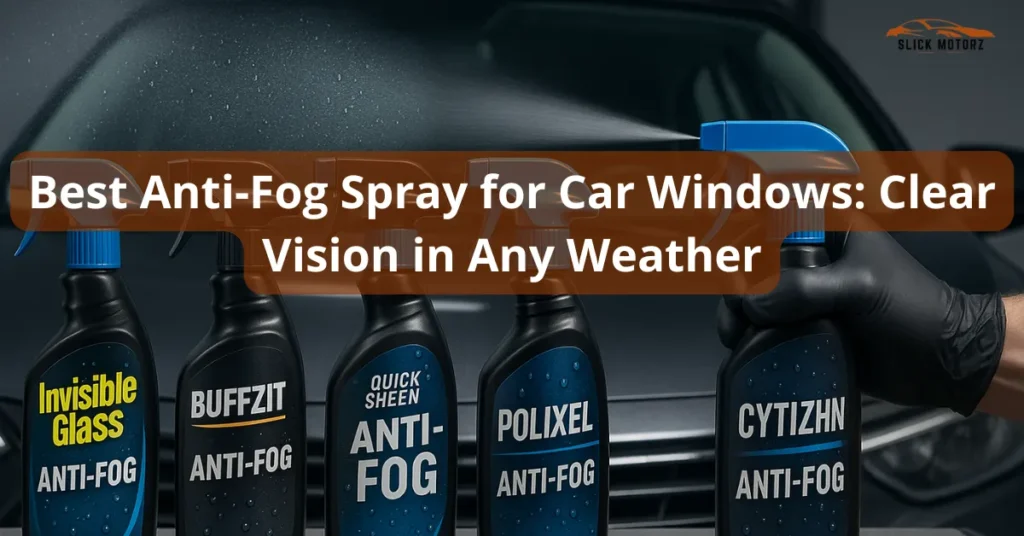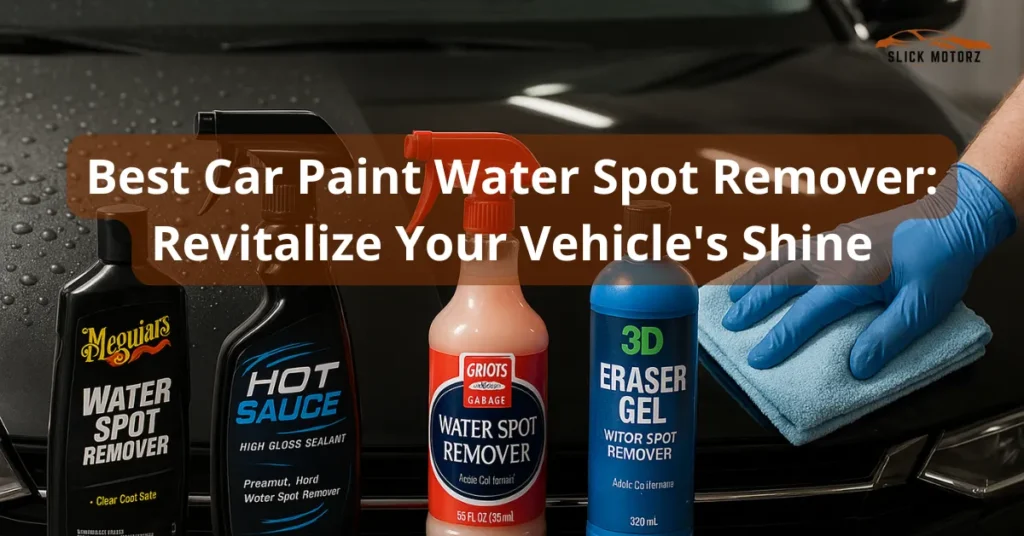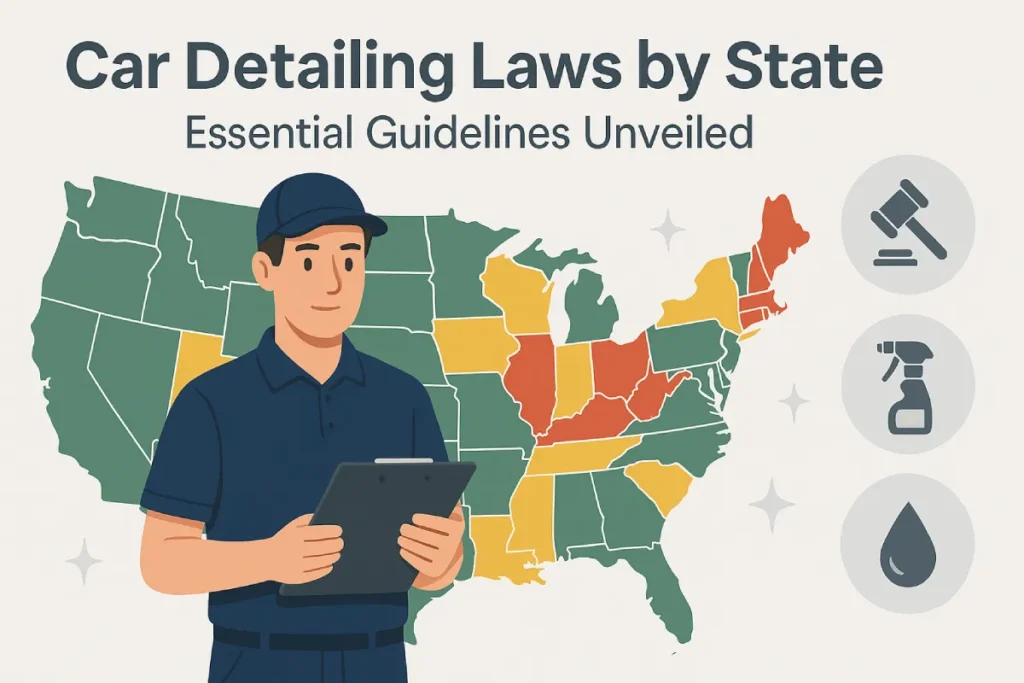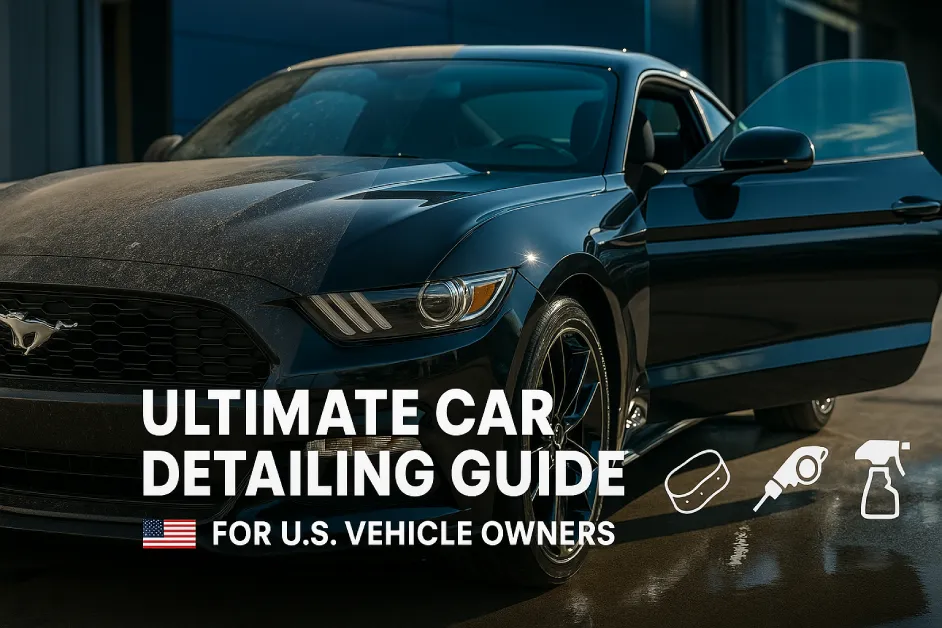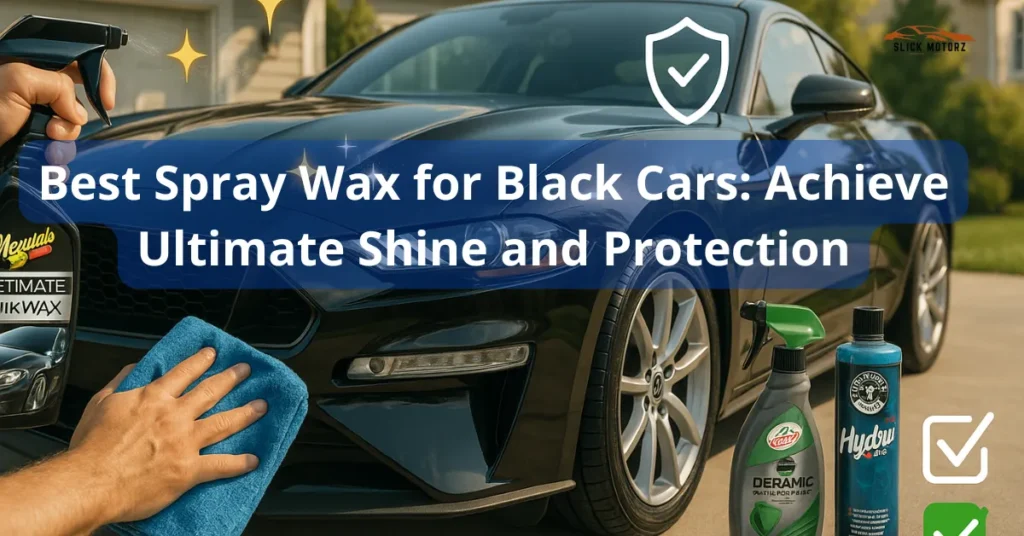Are you running a car detailing business or thinking about starting one in Arkansas? Before you grab your cleaning supplies, it’s essential to understand the specific laws that govern your operations.
From window tint rules to environmental regulations and licensing requirements, Arkansas has clear guidelines that can impact your work—and your wallet. Understanding these laws not only helps you stay compliant but also builds trust with your customers. Keep reading to discover everything you need to know about car detailing laws in Arkansas and ensure your business runs smoothly and legally.

Credit: m.yelp.com
Arkansas Window Tint Laws
Arkansas has clear rules about car window tinting. These rules help keep drivers safe and ensure good visibility. Knowing these laws prevents fines and helps you stay legal on the road.
Front Windshield Rules
Only a non-reflective tint strip is allowed on the front windshield. This strip can be up to five inches from the top. No other tint is permitted on the rest of the windshield. Stickers, signs, or posters that block the driver’s view are illegal.
Side And Rear Window Regulations
Arkansas does not limit the darkness of tint on side and rear windows. Drivers can choose any shade for these windows. Still, the tint must not use red, amber, or yellow colors. These colors are banned for safety reasons.
Prohibited Tint Colors
Tints in red, amber, and yellow are not allowed on any car windows. These colors reduce visibility and can confuse other drivers. Clear and neutral colors are the safest and most legal choices.
Medical Tint Exemptions
Arkansas allows darker tints for medical reasons. Drivers must have a letter from a licensed doctor. This letter should explain the need for a darker window tint. The exemption protects people with special health needs.
Windshield Damage Restrictions
Windshield damage restrictions in Arkansas aim to keep drivers safe by ensuring clear visibility. The state enforces rules that prevent cracks, chips, or other damage from blocking the driver’s view. These restrictions help reduce accidents caused by impaired vision. Understanding these laws is important for car owners and detailers alike.
Obstruction Of Driver’s View
Arkansas law forbids any object or damage that blocks the driver’s line of sight. This includes cracks, chips, stickers, or signs on the windshield. The driver’s view must remain clear to operate the vehicle safely. Even small obstructions near the driver’s eye level can be illegal. Keeping the windshield free of obstructions helps prevent accidents and fines.
Federal Standards On Cracks And Chips
Federal rules guide Arkansas on windshield damage, especially in critical viewing areas. Cracks or chips that affect the driver’s vision are not allowed. Damage near the center or edges of the windshield may require repair or replacement. These standards ensure the windshield remains strong and visible. Compliance with federal rules protects drivers and passengers.
Enforcement And Penalties
Law enforcement officers can issue tickets for windshield damage that violates Arkansas laws. Penalties often include fines or fix-it tickets requiring repairs. Repeated violations may lead to higher fines or vehicle inspection failures. Promptly repairing windshield damage can avoid legal trouble. Staying compliant keeps you safe and on the road.
Car Detailing Licensing In Arkansas
Starting a car detailing business in Arkansas requires proper licensing. This ensures your business operates legally and meets state standards. Understanding the licensing process helps avoid fines and legal issues. Below are key points about car detailing licensing in Arkansas.
Business Registration Requirements
Register your business with the Arkansas Secretary of State. Choose a unique business name that follows state rules. Decide on your business structure, such as sole proprietorship, LLC, or corporation. Obtain an Employer Identification Number (EIN) from the IRS for tax purposes. Register for state taxes with the Arkansas Department of Finance and Administration. This step is necessary for sales tax collection on detailing services.
License Application Process
Apply for a business license through your local city or county office. Requirements vary by location, so check local regulations carefully. Complete the application form with accurate business details. Pay any required fees to process your license. Some areas may require proof of insurance or bonding. Wait for approval before starting your car detailing services.
Compliance And Inspections
Maintain compliance with Arkansas environmental and safety laws. Use approved cleaning chemicals and dispose of waste properly. Expect periodic inspections from local authorities to check your business operations. Keep detailed records of your services and materials used. Address any violations promptly to avoid penalties. Staying compliant protects your business reputation and client trust.
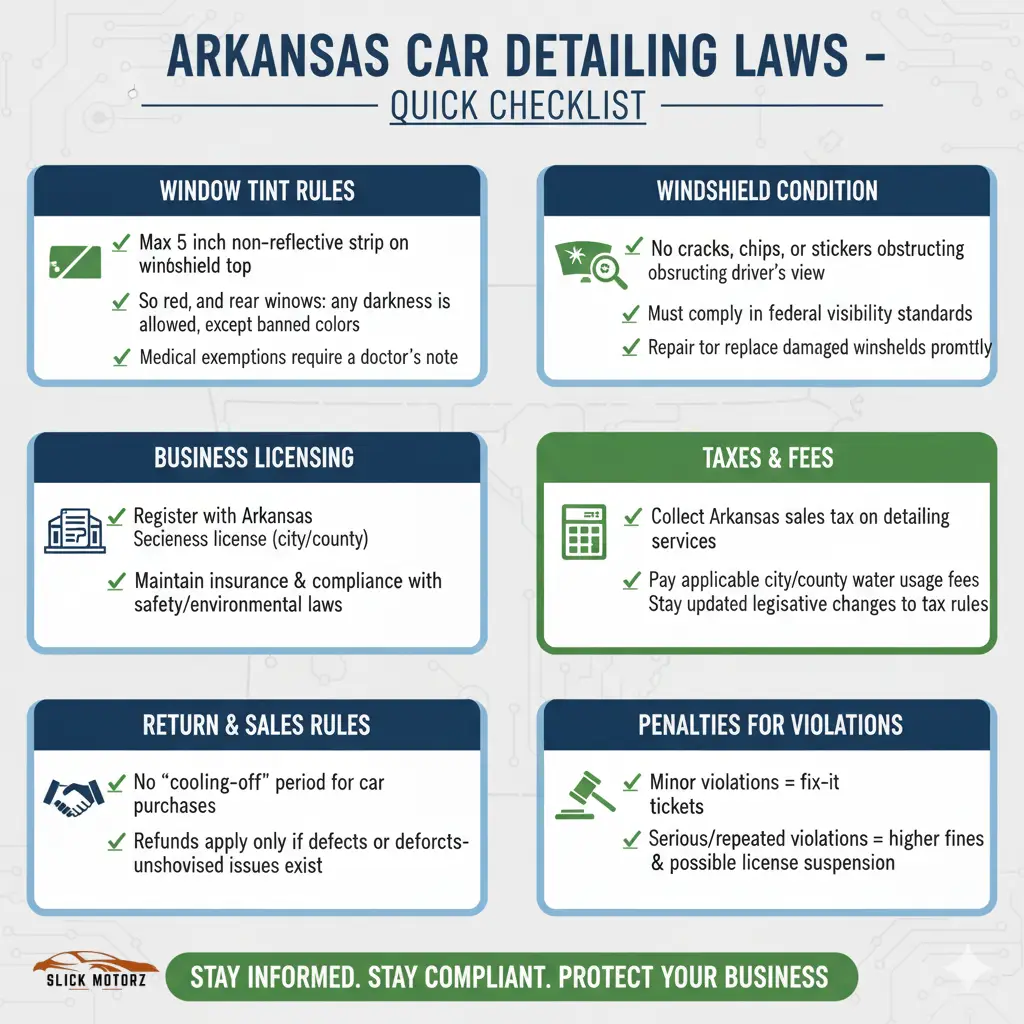
Taxation And Fees For Detailing Services
Understanding the taxation and fees related to car detailing services in Arkansas helps both customers and businesses. These charges impact the final cost of service and the way businesses operate. Arkansas has specific rules on sales tax and other fees that apply directly to detailing shops. Staying informed about these taxes ensures compliance and smooth transactions.
Sales Tax On Detailing
Arkansas charges sales tax on most car detailing services. The standard state sales tax rate applies to the labor and products used. Local cities and counties may add an extra tax, increasing the total rate. Businesses must collect and remit these taxes properly. Customers should expect to see sales tax included in their final bill.
Car Wash Water Usage Fee
Detailing shops that use water for washing may face a water usage fee. This fee helps cover environmental and water conservation costs. Some Arkansas cities require businesses to pay based on the volume of water used. The fee encourages efficient water use in car detailing. Shops should track water use to avoid penalties.
Recent Legislative Changes
Arkansas has updated some laws affecting car detailing taxes recently. New rules clarify which services are taxable. Changes also include adjustments to water usage fees in certain areas. Businesses must review these updates to stay compliant. The state provides resources to help detailing shops understand the new laws.
Vehicle Purchase And Return Rules
Understanding the vehicle purchase and return rules in Arkansas helps buyers avoid surprises. These rules guide how and when a vehicle can be returned after purchase. Knowing your rights protects you in case the car does not meet expectations or there are issues.
No Cooling-off Period
Arkansas does not offer a cooling-off period for vehicle purchases. Once you sign the contract and drive off, the sale is final. Buyers cannot return a car simply because they change their mind. This rule applies to both new and used cars.
Refund Conditions
Refunds are rare and only happen under specific conditions. The vehicle must have serious defects or not match the contract description. The seller must have failed to disclose important problems. Buyers should document all issues and communicate clearly with the dealer.
Dealer Contract Exceptions
Some dealers may offer return policies or exceptions in the contract. These are voluntary and vary by dealer. Always read the contract carefully before signing. Understand any return or refund terms the dealer promises in writing.

Credit: chaoppffilm.com
Penalties For Violations
Violating car detailing laws in Arkansas can bring serious penalties. These rules protect safety and ensure vehicles meet state standards. Understanding penalties helps car owners and businesses avoid trouble. Penalties range from minor tickets to fines that affect business operations.
Fix-it Tickets
Fix-it tickets are common for minor violations. They require correcting the issue within a set time. Examples include improper window tint or damaged windshields. After fixing the problem, proof must be shown to authorities. This keeps penalties low and avoids harsher fines.
Fines And Legal Consequences
Fines vary based on the violation severity. Minor offenses may cost a small fee. Serious or repeated violations lead to higher fines and possible court appearances. Ignoring tickets can result in additional penalties or legal action. Staying compliant prevents costly legal trouble.
Impact On Business Operations
Violations affect car detailing businesses directly. Fines reduce profits and increase operating costs. Repeated offenses can damage reputation and cause customer loss. Some violations may lead to temporary closure or license suspension. Following laws ensures smooth and lawful business operation.
Frequently Asked Questions
What Is The Arkansas Act 822 Of 2019?
Arkansas Act 822 of 2019 requires remote sellers to collect and remit sales tax on goods sold to Arkansas customers. It updates tax obligations for online businesses.
What Are The Windshield Laws In Arkansas?
Arkansas prohibits non-transparent materials that obstruct the driver’s windshield view. A five-inch non-reflective tint band is allowed at the top. Back and rear windows have no tint darkness limits but forbid red, amber, or yellow tints. Violations may lead to fines or fix-it tickets.
What Is The Law On Returning A Used Car In Arkansas?
Arkansas law does not require dealers to offer a cooling-off period for used car returns. Returns depend on dealer policies or if financing is denied.
Do You Need A License To Detail Cars In California?
Yes, California requires a license to detail cars. Register your business with the Department of Industrial Relations for a Car Wash and Polishing license.
Conclusion
Understanding Arkansas car detailing laws helps keep your vehicle legal and safe. Following rules about window tint, windshield condition, and signage prevents fines and tickets. Medical exemptions allow some flexibility with tint darkness when properly documented. Always check local regulations before detailing your car to avoid problems.
Staying informed protects you and others on the road. Simple steps ensure your car looks great and meets Arkansas laws.
For more state-specific detailing guides, visit our Car Detailing Laws by State hub.







